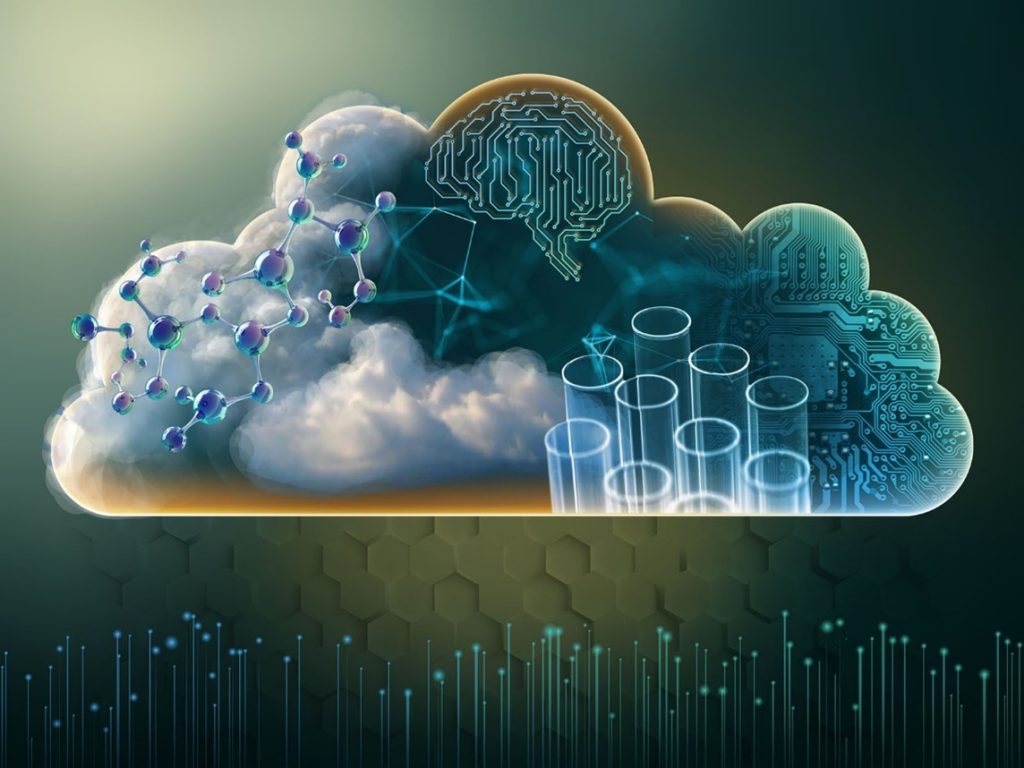Researchers from the Pacific Northwest National Laboratory are leading a team to accelerate computational chemistry by making tools for quantum computing and AI-assisted data analysis available via cloud computing. The project, known as TEC4, aims to make supercomputer-scale resources more widely accessible to aid in breaking down toxic “forever chemicals” that are difficult to eliminate. The team’s progress on the project, along with a proof-of-concept simulation involving perfluorooctanoic acid, was published in the Journal of Chemical Physics.
The TEC4 project leverages resources such as Berkeley Lab’s Perlmutter supercomputer, Microsoft’s Azure Quantum Elements platform, and the NWChem software package developed at PNNL. By creating a cloud-based platform for computational chemistry, researchers are introducing a new paradigm for scientific computing. The collaboration between PNNL and Microsoft highlights how modern AI and high-performance computing tools can advance the field of computational chemistry, expanding the possibilities for solving complex scientific problems.
The simulation performed by the researchers traced a pathway for breaking down molecular bonds of perfluorooctanoic acid, a persistent environmental pollutant. The study provided valuable insights into the chemical behavior and degradation of the industrial chemical, which has been banned worldwide but continues to exist in the environment. To further test the cloud-based platform, the researchers are seeking additional collaborators to use the TEC4 tools for more rigorous experiments and simulations. They are also developing a family of codes to build a community around the effort.
A graduate-level course based on the TEC4 project has been established at the University of Texas at El Paso in collaboration with PNNL and Central Michigan University. The project not only aims to discover new chemicals but to revolutionize the way chemistry is done by creating an ecosystem of use cases that take advantage of GPU-based computing. By allowing users to access different layers of compute resources and bundling software with compute access, the TEC4 project is paving the way for a future state where users can pay only for what they need in computational chemistry.
The study published in the Journal of Chemical Physics, titled “Electronic Structure Simulations in the Cloud Computing Environment,” features 32 authors from various institutions including PNNL, Microsoft Quantum, Berkeley Lab, Argonne National Lab, Central Michigan University, the University of Texas at El Paso, and the University of Washington. The collaboration among these institutions showcases the power of cloud computing in advancing computational chemistry and developing innovative solutions to complex scientific challenges. The researchers are focused on not only breaking down toxic chemicals but also unlocking new ways of approaching chemistry through cloud-based resources and advanced technologies.


